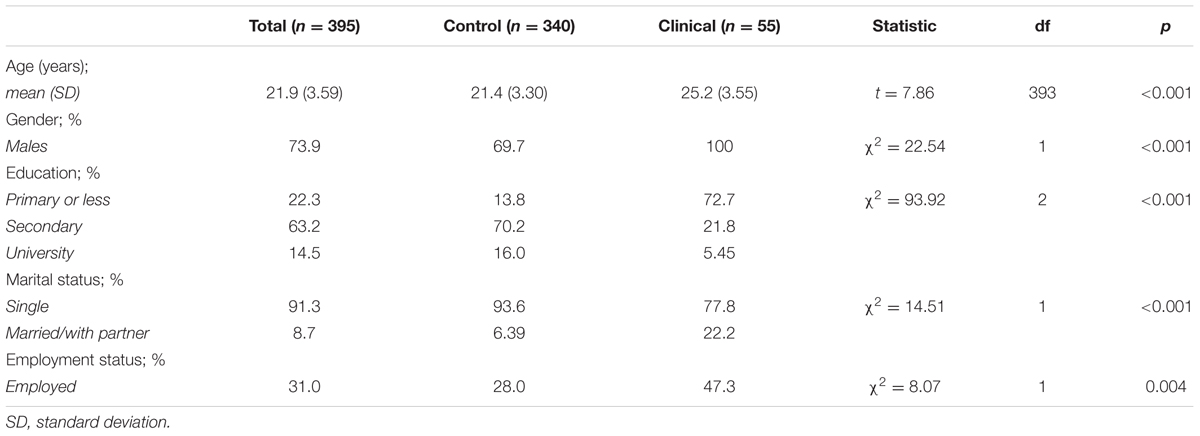Sogs Gambling
2. What is the largest amount of money you have ever gambled with on any one-day?
Problem gambling is a prevalent phenomenon in both Finland (studies 1 and 2) and the USA (study 3). Table 1 reports the descriptive statistics for the SOGS-scores. Prevalence of probable gambling disorder (SOGS score ≥ 8) was 3.96% in study 1, 7.80% in study 2, and 4.42% in study 3. Opioid receptor antagonists are hypothesised to blunt the craving associated with gambling. This study was designed to assess the feasibility of using an intranasal naloxone spray to treat GD. Design An 8-week, open-label, uncontrolled pilot study. Setting A single study site in the capital region of Finland. The prevalence rate for problem gambling produced by the CPGI falls between the rates obtained using the DSM-IV and the SOGS, much as anticipated. It does produce higher rates for those considered to be at risk, and this again was an anticipated result given the definition of problem gambling that directed the development of this index. South Oaks Gambling Screen - The SOGS is a lifetime measure of problem gambling that has been found to be reliable and valid. This 16-item screening tool places individuals in one of three.
______ Never Gambled ______ More than $100.00 up to $1,000
______ $ 1.00 or less ______ More than $1,000 up to $10,000
______ More than $1.00 up to $10.00 ______ More than $10,000
______ More than $10.00 up to 100.00
3. Check which of the following people in your life has (or had) a gambling problem.
_______ Father _______ Mother
_______ Brother/Sister _______ My spouse/partner
_______ My child(ren) _______ Another relative
_______ A Friend or someone important in my life
4. When you gamble, how often do you go back another day to win back money you have lost?
_______ Never _______ Most of the time
Sogs Gambling Screen
_______ Some of the time _______ Every time that I lose

(less than half of time I lose).
5. Have you ever claimed to be winning money gambling, but weren’t really? In fact you lost?
_______ Never
_______ Yes, less than half the time I lost
Dogs Gambling
_______ Yes, most of the time

6. Do you feel you have ever had a problem with betting or money gambling?
_______ No _______ Yes _______ Yes, in the past, but not now.
7. Did you ever gamble more than you intended to?
_______ Yes _______No
8. Have people criticized your betting or told you that you had a problem, regardless of whether or not you thought it was true?

_______ Yes _______No
9. Have you ever felt guilty about the way you gamble, or what happens when you gamble?
_______ Yes _______No

Overview
The South Oaks Gambling Screen (SOGS) is a screen used to measure pathological gambling. This 16-item instrument asks questions related to many gambling behaviours. It also asks questions about how the individual feels about his or her own gambling habits. SOGS classifies individuals into one of three categories: non-problem gambler, problem gambler and probable pathological gambling. The SOGS can be used by individuals as a self-assessment tool, and mental health practitioners can also use this tool to screen their clients. A modified version of the SOGS for adolescents is also available and includes 12 items.
Key Points
It is important to remember that this tool is not a diagnoses of pathological gambling, however, studies have shown the SOGS to be a reliable and valid measure of gambling problems. The items relate to the clinical symptoms of gambling problem as presented by the DSM. Some authors have raised concerns with some of the questions asked in the SOGS. Specifically, questions regarding the amount of debt that a gambler accumulates and questions about having a line of credit are considered poor, as they do not directly measure gambling problems.
References
Stinchfield, R. (2002). Reliability, validity, and classification accuracy of the South Oaks Gambling Screen (SOGS). Addictive Behaviors, 27(1), 1-19.
Orford, J., Sproston, K., & Erens, B. (2003). SOGS and DSM-IV in the British Gambling Prevalence Survey: Reliability and factor structure. International Gambling Studies, 3(1), 53-65.
Young, M., & Stevens, M. (2008). SOGS and CGPI: Parallel comparison on a diverse population. Journal of Gambling Studies, 24(3), 337-356.